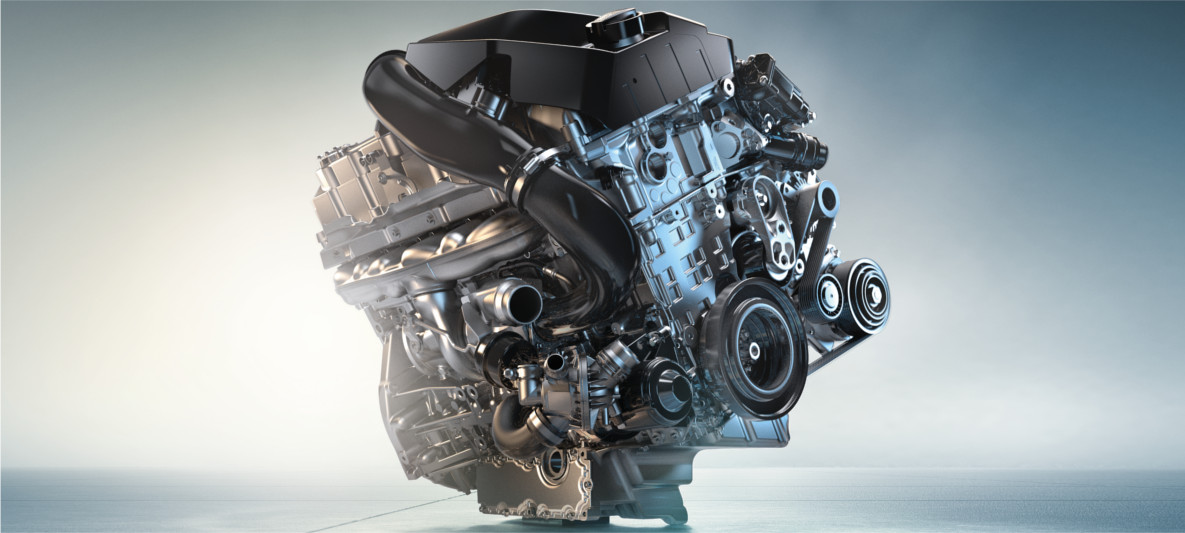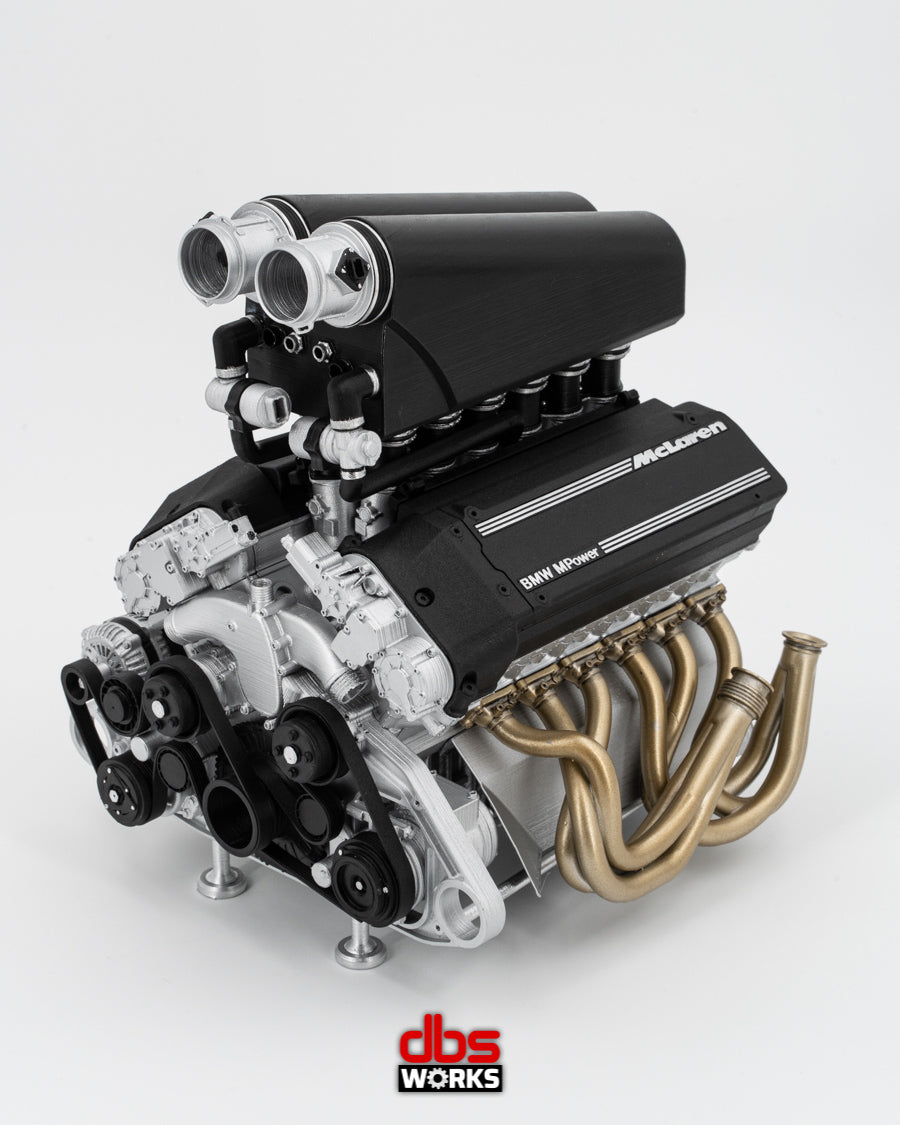The Duty of BMW Engine Layout in Getting Exceptional Fuel Effectiveness
The Duty of BMW Engine Layout in Getting Exceptional Fuel Effectiveness
Blog Article
Revealing the Intricacies of Next-Generation Power Units: a Deep Study Advanced Engine Developments and styles
In the world of automotive engineering, the ruthless quest of efficiency, sustainability, and performance has actually propelled the development of power systems to unprecedented heights. As we stand on the precipice of a new era in transportation, the complexities of next-generation engine styles bid us to check out the sophisticated technologies and developments that promise to redefine the driving experience. From advanced products that press the limits of sturdiness and weight reduction to sophisticated turbocharging and turbo charging systems that raise power output to brand-new levels, each component of these power devices holds a crucial to unlocking the future of auto design. Delving much deeper into the realms of exhaust control, smart engine management systems, and the perspective of power system development, we locate ourselves on the cusp of a change that promises to improve the landscape of mobility as we recognize it.
Development of Engine Products

The shift towards progressed engine products has actually also allowed designers to make engines with greater power outputs while maintaining fuel performance criteria. The use of lightweight materials reduces the overall weight of the engine, leading to improved fuel economy and reduced exhausts. In addition, advancements in products modern technology have actually permitted far better thermal monitoring within engines, causing raised integrity and long life.
Turbocharging and Supercharging Technologies
Exactly How do Turbocharging and Supercharging Technologies transform engine performance and performance in contemporary vehicles? Turbocharging and supercharging are innovations that significantly enhance engine efficiency by enhancing the amount of air consumption into the burning chamber. Turbocharging accomplishes this by utilizing a generator driven by exhaust gases to pressurize the intake air, while supercharging makes use of a belt- or chain-driven compressor to achieve the very same impact.
These modern technologies allow smaller sized, much more fuel-efficient engines to create power equal to bigger ones, referred to as downsizing. Forcibly even more air into the cyndrical tubes, turbo charging and turbocharging enhance burning efficiency, causing enhanced horse power and torque output without a considerable increase in engine size. This brings about much better velocity, towing capability, and total driving performance.
In addition, turbo charging and turbocharging add to improved gas performance by allowing the use of smaller sized engines that consume less gas under regular driving conditions - bmw engine. This combination of boosted performance and effectiveness has actually made turbocharging and turbo charging essential elements of many contemporary engine layouts
Exhaust Control and Environmental Impact
With enhancing international problems concerning air high quality and ecological sustainability, the execution of emission control technologies in automobiles plays an essential function in minimizing unsafe pollutants released into the atmosphere. Modern cars are furnished with advanced discharge control systems that assist lessen the ecological influence of auto procedures. Catalytic converters, for example, are designed to convert harmful gases such as carbon monoxide, nitrogen oxides, and hydrocarbons into less dangerous compounds like co2 and water vapor.
Additionally, developments in engine innovation, such as the combination of exhaust gas recirculation systems and careful catalytic reduction, have considerably contributed to lowering discharges. These innovations function in tandem to enhance burning effectiveness and reduce the launch of unsafe toxins into the air. Furthermore, the development of hybrid and electrical lorries stands for an essential step in the direction of lowering the overall ecological impact of the transport sector.
Intelligent Engine Management Equipment

In addition, these systems allow vehicles to fulfill strict emissions criteria without jeopardizing performance, giving a much more eco-friendly driving experience. The assimilation of expert system and artificial intelligence capacities in engine administration systems continues to press the boundaries of what is possible, bring about additional renovations in effectiveness, integrity, and overall lorry performance. bmw engine. As auto innovation advancements, use this link smart engine management systems will certainly play an essential role in shaping the future of transportation towards a much more lasting and effective instructions
Future Trends in Power System Growth
As smart engine monitoring systems lead the means for boosted control and optimization in contemporary automobiles, future patterns in power system advancement are poised to redefine the landscape of automobile propulsion innovations. These alternate power sources offer boosted performance and efficiency while straightening with rigid ecological guidelines.
One more significant trend is the assimilation of innovative products and making strategies. Lightweight materials such as carbon fiber and light weight aluminum are being made use of to reduce total lorry weight, boosting gas efficiency and efficiency. In addition, improvements in 3D printing and additive manufacturing are enabling the manufacturing of complicated engine components with greater accuracy and longevity.
Moreover, expert system and machine understanding are playing a crucial duty in maximizing power device performance. These technologies permit real-time tracking and adaptive control, leading to more trusted and efficient power distribution. Generally, future trends in power system development are geared in the direction of sustainability, performance, and effectiveness, driving the auto industry towards a brand-new era of propulsion innovations.

Verdict
In final thought, the innovations in engine products, turbocharging, emission control, and intelligent monitoring systems have actually paved the method for next-generation power devices. The detailed designs and developments in modern-day engines display the ongoing development of vehicle modern technology.
Exploring the modern improvements in engine products has actually been pivotal in enhancing the performance and efficiency of contemporary engines. Over the years, the development of engine materials has played a vital role in pushing the boundaries of what engines can achieve.The shift towards advanced engine products has actually additionally made it possible for engineers to develop engines with higher power outcomes while maintaining fuel efficiency requirements.The implementation of intelligent engine administration systems in contemporary cars has reinvented the method engines are managed and maximized for efficiency and performance. By accumulating information in real-time and examining it with advanced algorithms, smart engine monitoring systems can adjust to driving styles, environmental factors, and engine wellness to take full advantage of power outcome while minimizing gas usage and discharges.
Report this page